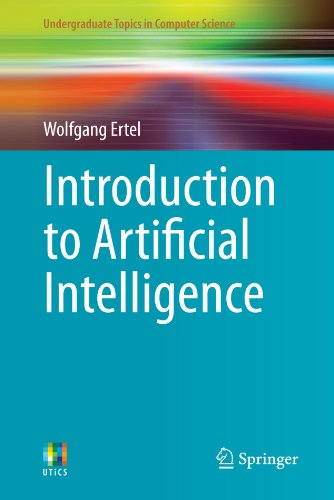

Most ebook files are in PDF format, so you can easily read them using various software such as Foxit Reader or directly on the Google Chrome browser.
Some ebook files are released by publishers in other formats such as .awz, .mobi, .epub, .fb2, etc. You may need to install specific software to read these formats on mobile/PC, such as Calibre.
Please read the tutorial at this link: https://ebookbell.com/faq
We offer FREE conversion to the popular formats you request; however, this may take some time. Therefore, right after payment, please email us, and we will try to provide the service as quickly as possible.
For some exceptional file formats or broken links (if any), please refrain from opening any disputes. Instead, email us first, and we will try to assist within a maximum of 6 hours.
EbookBell Team

4.7
26 reviewsThe ultimate aim of artificial intelligence (A.I.) is to understand intelligence and to build intelligent software and robots that come close to the performance of humans. On their way towards this goal, A.I. researchers have developed a number of quite different subdisciplines.
This concise and accessible Introduction to Artificial Intelligence supports a foundation or module course on A.I., covering a broad selection of the subdisciplines within this field. The textbook presents concrete algorithms and applications in the areas of agents, logic, search, reasoning under uncertainty, machine learning, neural networks and reinforcement learning.
Topics and features:
Students of computer science and other technical natural sciences will find this easy-to-read textbook excellent for self-study, a high-school level of knowledge of mathematics being the only prerequisite to understanding the material. With its extensive tools and bibliography, it is an ideal, quick resource on A.I.
Dr. Wolfgang Ertel is a professor at the Collaborative Center for Applied Research on Service Robotics at the Ravensburg-Weingarten University of Applied Sciences, Germany.